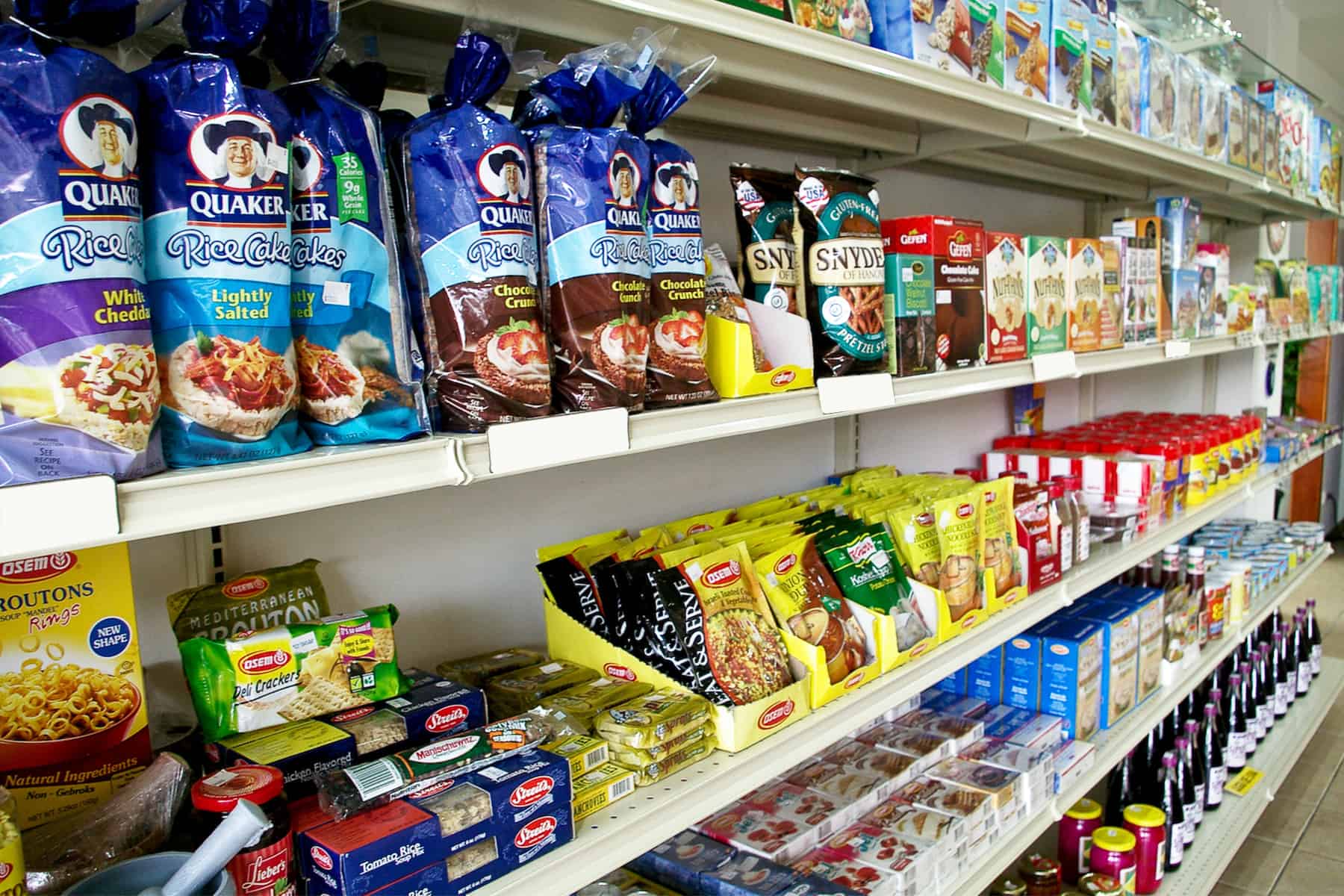Even though inflation has plunged into negative figures in the past two months, Costa Ricans have yet to feel the impact. A testament to this is that 78% believe the cost of living has risen.
According to a survey by COOPENAE, the largest expenses are on food (90%), transportation and fuel (42%), and utilities (35%).
“The primary concerns remain the national economy and the rising cost of living. At the cooperative, we’re committed to advancing our financial education and counseling efforts. In doing so, we hope to help individuals identify and select the most beneficial solutions,” commented Nazira Burgos, Manager of Institutional Relations at Coopenae.
As a consequence, many have become more prudent with their spending. Of the 600 surveyed, 71% mentioned that they have cut back on social activities like dining out or visiting the movies. Moreover, 60% have shifted to more affordable brands and products than before, while 30% have started using their savings to meet daily needs. Other notable concerns are public safety (49%) and joblessness (32%).
Luis Alvarado, an economic and stock market analyst at ACOBO Puesto de Bolsa, notes, “While there’s a downward trend in inflation, its effects aren’t uniformly perceived. The impact diverges based on individual consumption habits, and any tangible relief may only be noticeable in the longer run.”
Inflation is projected to stay within the Central Bank’s target for the year, with the recent negative rates viewed as a short-lived trend.
“Recently, we’ve seen a decline in the annual fluctuation of the consumer price index. However, since it saw a significant surge previously, setting a higher comparison base, the recent decrease might not be as evident,” remarked Shirley Saborío, Vice-President of the National Competitiveness Council.
Consumption habits reveal a 54% reduction in snack foods, 42% in beef or chicken, 37% in sodas, 48% on transportation modes, 40% in private medical services, and 33% in cable TV subscriptions.
“In principle, lower inflation should spur household spending. Particularly when derived from a broad fall in food prices, it greatly aids the economically disadvantaged who dedicate a more significant part of their wages to food,” concluded Saborío.






